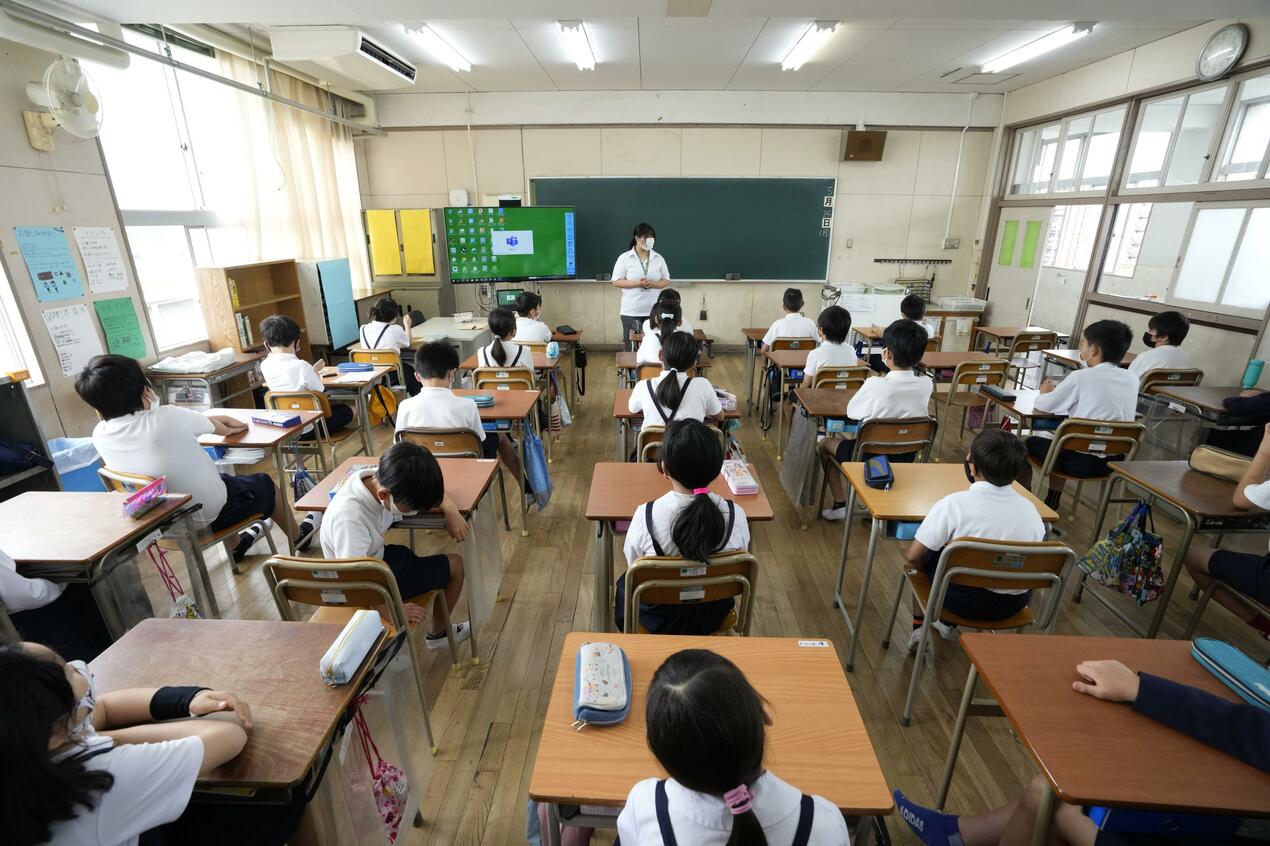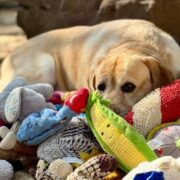Japan using sex education to keep kindergarten kids safe

Efforts to teach young children about sexuality are becoming more prevalent in Japan, as educators and local governments turn to animated books and workshops to help kids understand their bodies and protect themselves from an early age.
The move reflects growing concern over the sexual content to which children are exposed online and the rising number of reported cases of sexual violence.
Officials and educators say early lessons in body awareness can help children speak up when something feels wrong.
In May, at Musashi Kodomoen, an integrated nursery and kindergarten in Kunisaki, Oita Prefecture, midwife Yasuko Fujisada led a workshop for about 40 children age 4 to 6.
The day’s theme was “private parts.” City officials explained to parents, “Learning about sex is not dirty. When adults teach about it in a positive way, it creates a safe environment where children feel they can ask anything.”
Kunisaki promotes comprehensive sexuality education that includes human rights and gender equality.
Teaching tool
While the program initially targeted junior high and high school students, reports from local kindergartens—such as “some children peek into the toilets”—prompted officials to introduce lessons at an earlier age.
“How we learn to interact with others is built on the foundations laid in childhood,” Fujisada said.
She said the goal is to help children learn to respect their own bodies and those of others, with the hope that this will also prevent them from becoming victims or perpetrators of sexual violence.
During the session, Fujisada used an illustrated book titled “Daiji Daiji Do-koda?” (Where are your special parts?) as a teaching tool. The book, written by Sakiko Enmi and illustrated by Mizumaru Kawahara, clearly explains the concept of private parts.
One page features drawings of a camera and smartphone, alongside the message: “The special, important parts of your body … don’t take pictures or videos.”
Since its publication in 2021, the book’s popularity has grown rapidly through word of mouth among parents. By September this year, more than 460,000 copies had been sold.
Serious concern
An official from publisher Oizumi Shoten said that the book resonated with parents’ desire to help their children “cherish their own bodies,” which contributed to its success.
In Saitama Prefecture, midwife Yuko Sakurai gives over 150 sex education lectures every year, both inside and outside the prefecture.
While Sakurai provides sex education lessons to students from elementary school through university, as well as to parents, she said, “Requests from nurseries and kindergartens have increased recently.”
She attributes this trend partly to the increasing availability of sexual content online, easily accessible by children.
Meanwhile, sexual abuse of preschool-age children remains a serious concern. According to the National Police Agency, the number of reported cases of rapes of preschoolers reached 33 last year—the highest in 15 years.
“Children without knowledge are easier targets,” Sakurai emphasized. She added that early education makes sexual topics less taboo and encourages children to share their questions and concerns openly. “The earlier they learn, the better,” she said.
As awareness of these risks grows, local authorities hope that early education can help children understand boundaries, recognize inappropriate behavior, and develop a healthy sense of self.

















